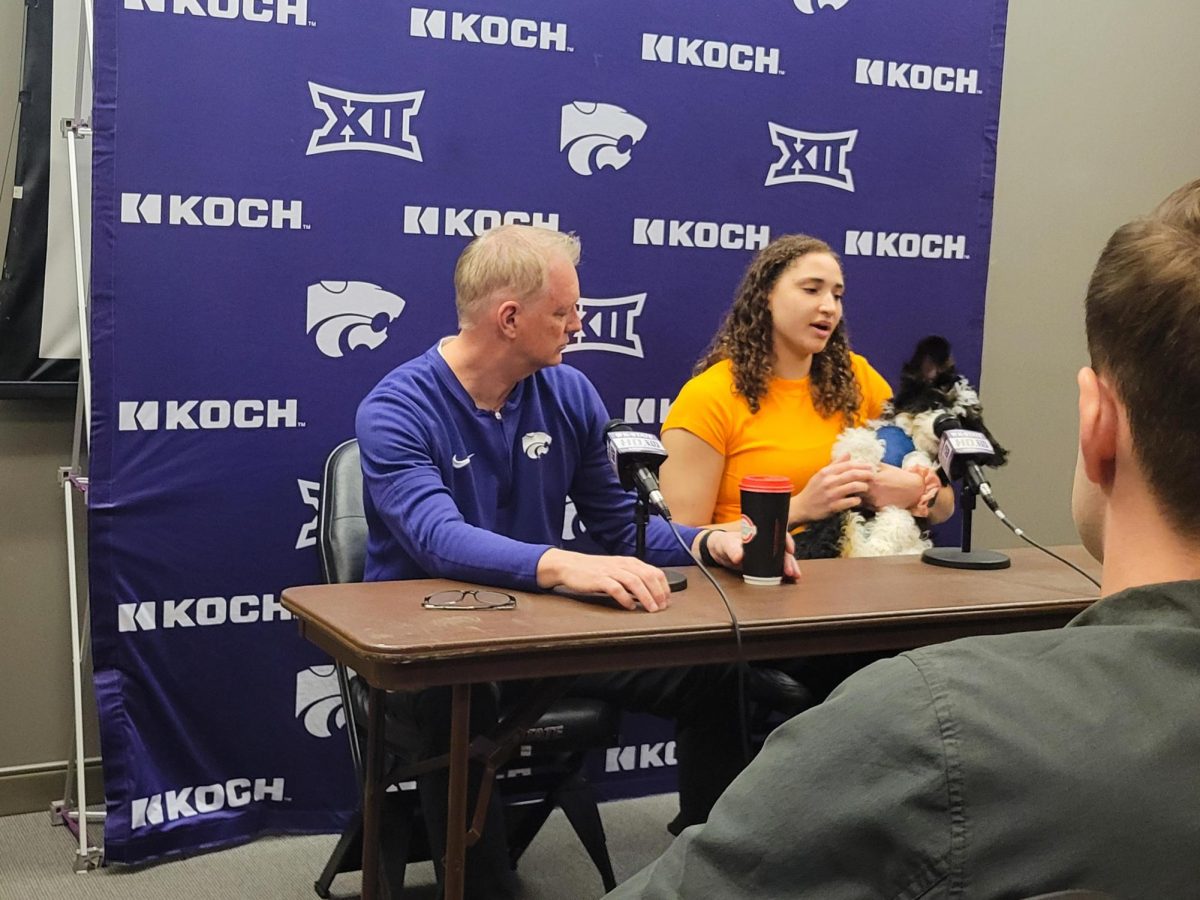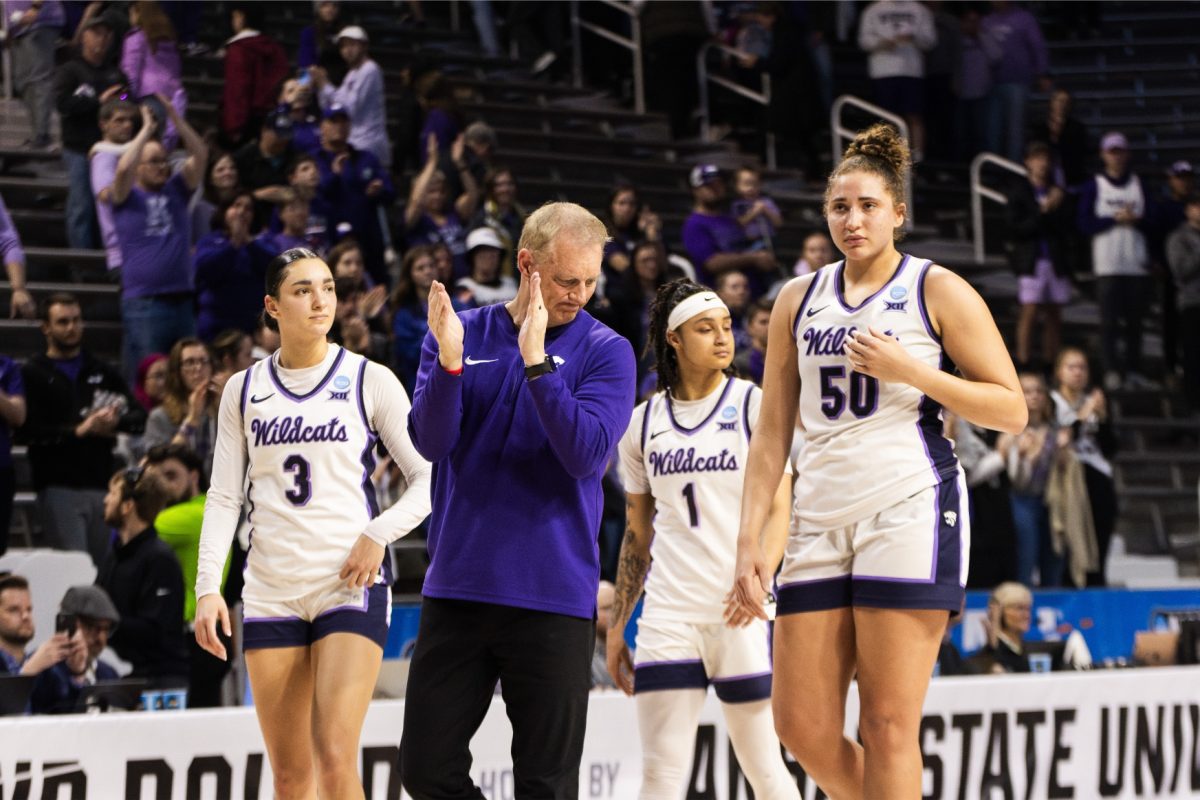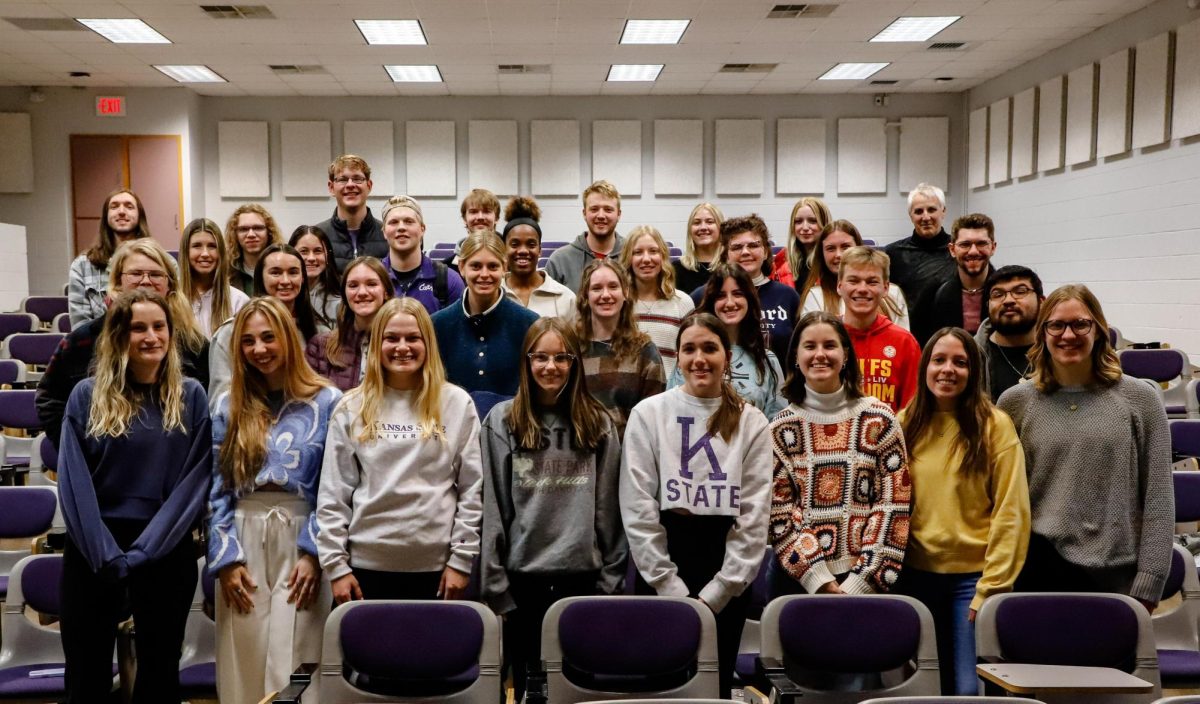The education landscape is transforming rapidly, driven by technological advancements, shifting societal norms, and evolving student needs. As we look toward the future, it’s essential to understand the trends shaping the world of academia and the implications for students, educators, and institutions alike. In this guide, we’ll take a deep dive into seven key trends shaping the future of education and their impact on the higher education landscape.
Personalized Learning and Adaptive Technologies
Personalized learning revolutionizes how students engage with educational content, allowing them to learn at their own pace and focus on areas where they need the most support. Adaptive learning technologies, powered by artificial intelligence and machine learning algorithms, tailor educational materials to meet each student’s unique needs and preferences. These technologies analyze student performance data in real-time, identify areas for improvement, and provide targeted feedback and resources to help students succeed. By embracing personalized learning approaches, educators can create more engaging and effective learning experiences that empower students to achieve their full potential.
Financial Literacy and Holistic Student Support
Today’s students face challenges related to financial management, mental health, and overall well-being. As such, institutions are increasingly prioritizing holistic student support services to address these needs and foster student success. Teaching students how to improve credit scores, manage student loan debt, and make informed financial decisions are essential to higher education curricula. Moreover, institutions invest in counseling services, mental health resources, and wellness programs to support students’ overall health and well-being. By providing comprehensive support services, colleges and universities can help students navigate the challenges of college life and position them for academic and personal success.
Blended Learning and Hybrid Education Models
Blended learning, which combines traditional face-to-face instruction with online learning activities, has gained popularity in recent years as institutions seek to enhance flexibility and accessibility for students. With the rise of digital learning platforms and virtual classroom technologies, educators can deliver engaging and interactive learning experiences that accommodate diverse learning styles and preferences.
Hybrid education models, which incorporate both in-person and online components, offer students the best of both worlds, allowing them to benefit from the convenience of online learning while still having opportunities for in-person interaction and collaboration. As colleges and universities adapt to changing student needs and technological advancements, blended learning and hybrid education models will likely become increasingly prevalent in higher education.
Competency-Based Education and Skills Development
Competency-based education (CBE) is gaining traction as an alternative to traditional credit-based systems, focusing on mastery of specific skills and competencies rather than seat time. Employers increasingly prioritize candidates with relevant skills and practical experience in a rapidly changing job market. CBE programs allow students to progress at their own pace, demonstrate mastery through assessments and projects, and acquire real-world skills directly applicable to their chosen career paths. By aligning curriculum with industry needs and focusing on skill development, colleges, and universities can better prepare students for success in the workforce and promote lifelong learning and professional growth.
Advertising and Revenue Diversification
In an era of declining public funding and rising tuition costs, colleges and universities are exploring new avenues for revenue generation and financial sustainability. Advertising, both on campus and online, has emerged as a potential source of revenue for institutions seeking to diversify their funding streams. Podcast advertising, in particular, allows colleges and universities to reach targeted audiences and promote their programs, events, and initiatives to a wider audience. By partnering with advertisers and leveraging digital marketing platforms, institutions can generate additional revenue while raising awareness and attracting prospective students and supporters.
Virtual and Augmented Reality in Education
Virtual and augmented reality (VR/AR) technologies are transforming how students learn and interact with educational content, offering immersive and engaging experiences that enhance comprehension and retention. From virtual field trips and simulated laboratory experiments to interactive 3D models and virtual reality simulations, VR/AR technologies provide students with opportunities to explore complex concepts and environments in previously impossible ways. As VR/AR hardware becomes more affordable and accessible, educators are integrating these technologies into their curriculum to provide students with hands-on learning experiences that bridge the gap between theory and practice.
Ethical Considerations and Digital Citizenship
As technology becomes increasingly integrated into education, students must develop critical thinking skills, digital literacy, and ethical awareness. Educators are incorporating lessons on digital citizenship, online safety, and responsible technology use into their curriculum to equip students with the knowledge and skills to navigate the digital landscape responsibly. By fostering a culture of ethical behavior and responsible technology use, colleges and universities can empower students to harness the power of technology for positive change while minimizing the risks associated with misuse and abuse.
As we look towards the future of education, it’s clear that change is inevitable. By embracing emerging trends and innovations, colleges and universities can adapt to meet the evolving needs of students and prepare them for success in an increasingly complex and interconnected world. As educators, administrators, and policymakers work together to shape the future of education, it’s essential to prioritize equity, accessibility, and inclusivity to ensure that all students have the opportunity to thrive and succeed in the years to come.























































